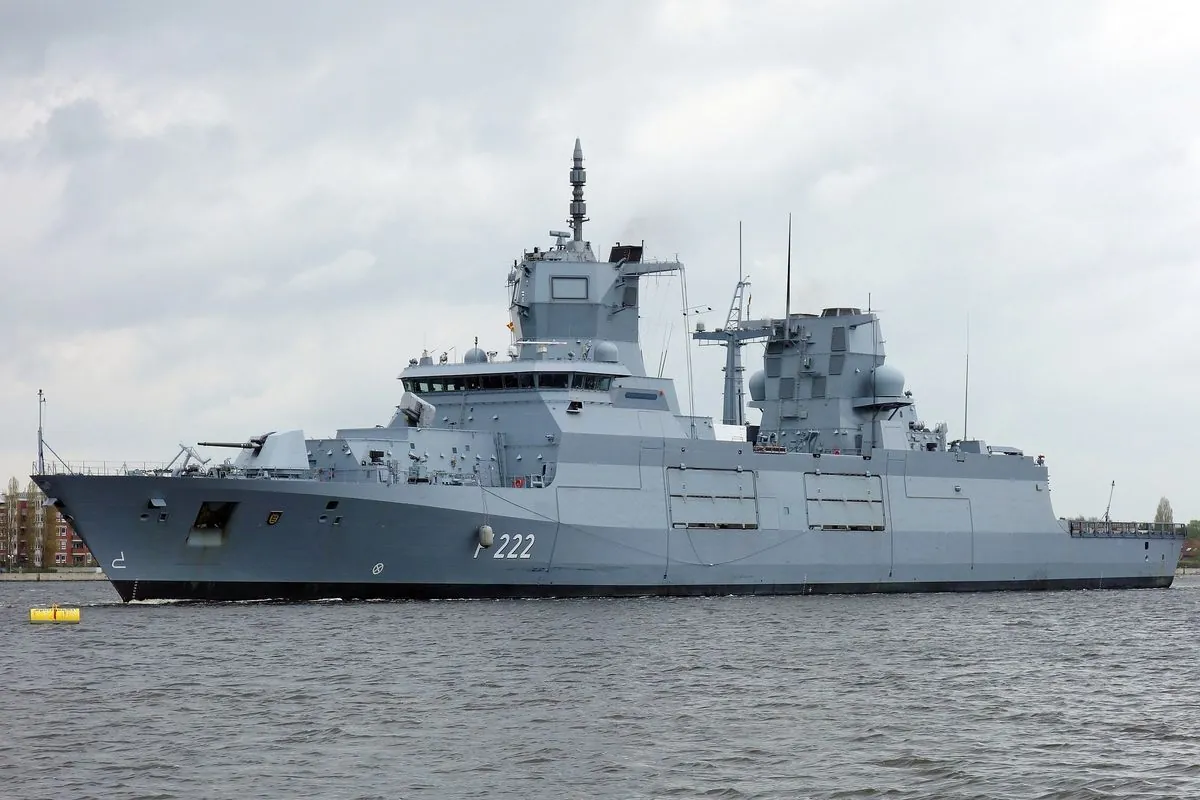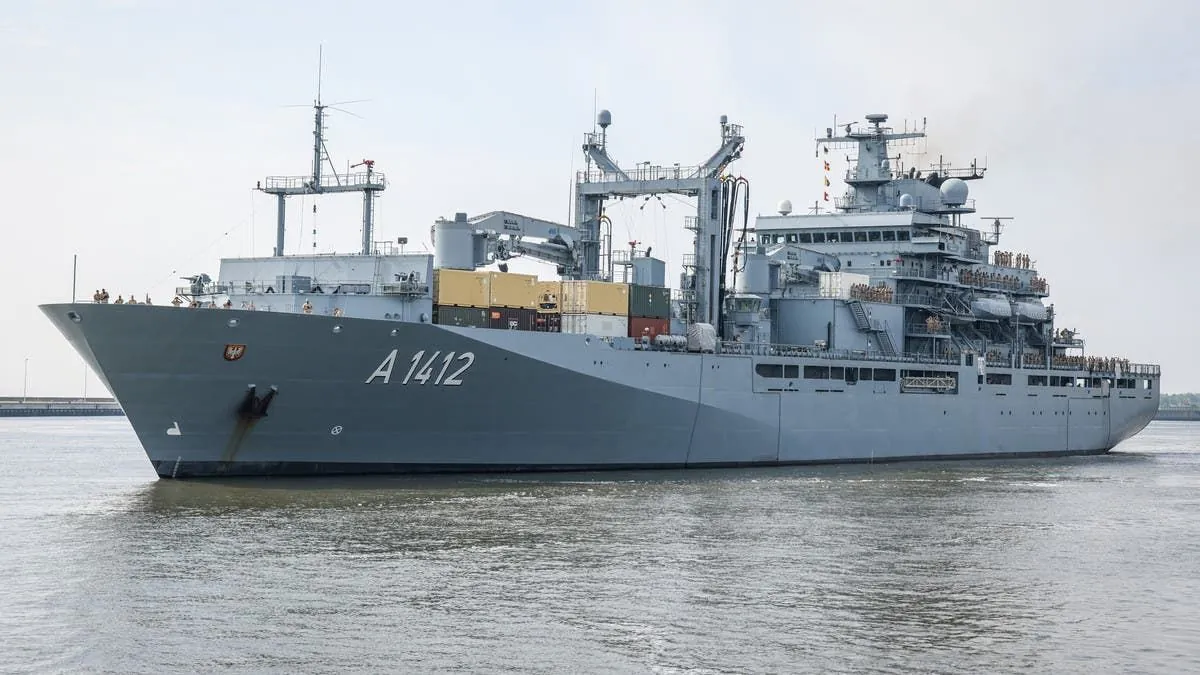China Condemns German Navy's Taiwan Strait Transit, Citing Security Concerns
China's military criticized two German navy ships for transiting the Taiwan Strait, claiming it increased security risks. The incident highlights ongoing tensions over the strait's status and China's claims on Taiwan.

On September 13, 2024, two German naval vessels, a frigate and a supply ship, traversed the Taiwan Strait, prompting a swift response from China's military. The People's Liberation Army's Eastern Theatre Command condemned the action, stating it heightened security risks and conveyed an inappropriate message.
The Taiwan Strait, a crucial maritime passage approximately 180 kilometers wide at its narrowest point, has been a focal point of geopolitical tension. China asserts sole sovereignty over the strait and Taiwan itself, while both the United States and Taiwan maintain it is an international waterway.

China's military reported that its forces monitored and issued warnings to the German vessels throughout their transit. The incident underscores the ongoing dispute over the strait's status, which serves as a vital route for global trade, with about half of the world's container ships passing through it annually.
In response to the transit, China's embassy in Germany lodged formal representations with Berlin. The embassy emphasized China's stance that Taiwan is an integral part of its territory, a position firmly rejected by Taiwan's democratically elected government. The embassy further stated:
"The question of Taiwan is not a matter of 'freedom of navigation', but of China's sovereignty and territorial integrity."
This incident occurs against the backdrop of increased military activities by China around Taiwan over the past five years, including war games. It's worth noting that the United States conducts similar transits through the strait approximately every two months, as do some of its allies like Canada and Britain, consistently drawing criticism from Beijing.
The situation highlights the complex geopolitical landscape in the region. Taiwan, officially known as the Republic of China, has been self-governing since 1949 and boasts the 7th largest economy in Asia. However, China has never renounced the potential use of force to bring the island under its control.
Germany, as the largest economy in the European Union and a NATO member, finds itself navigating these tense waters both literally and figuratively. This transit demonstrates the global nature of the Taiwan Strait issue, extending beyond immediate regional players.
As tensions persist, it's crucial to note that Taiwan is the world's largest producer of semiconductor chips, adding economic significance to the political complexities. The international community continues to grapple with balancing diplomatic relations, economic interests, and the principle of freedom of navigation in this strategically important waterway.


































